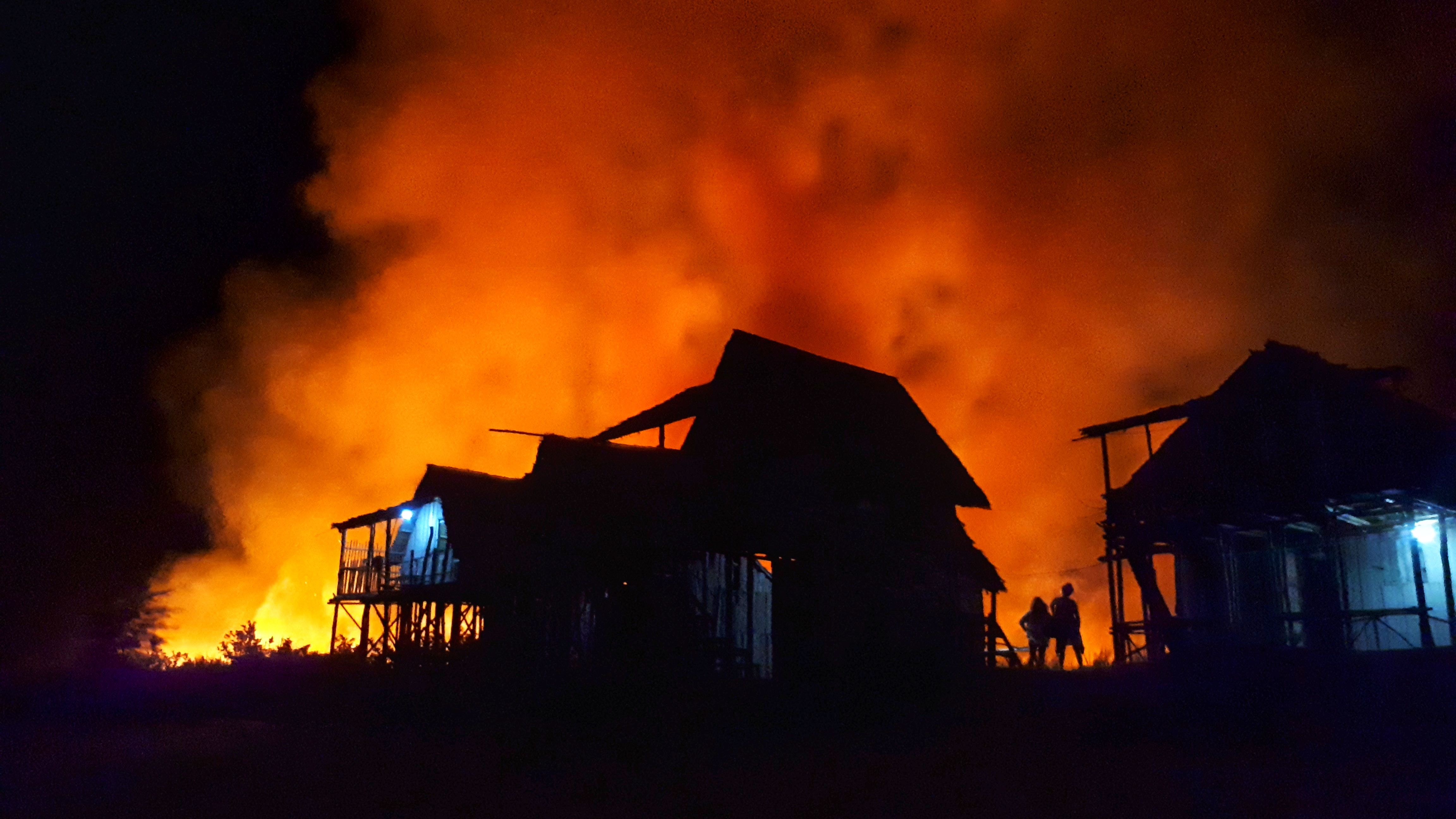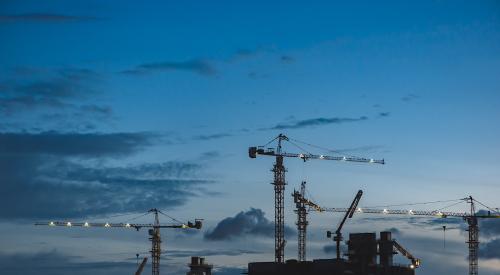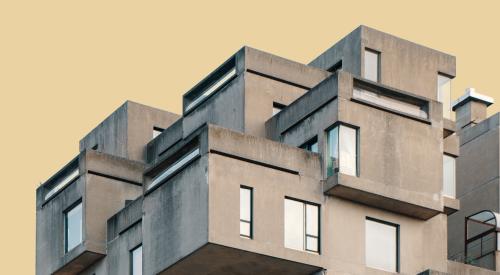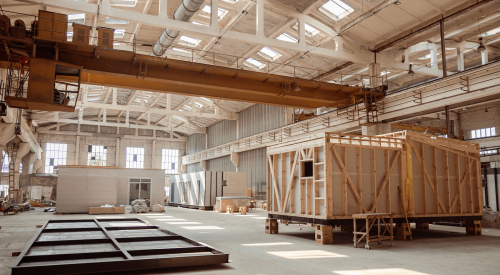Homes built in compliance with wildfire code are two percent less expensive than are their traditionally-built counterparts, according to new research sponsored by the insurance industry.
The report, authored in partnership by Montana-based wildfire policy consulting firm Headwaters Economics and the Insurance Institute for Business & Home Safety, marks the first attempt to quantify the expense of building fire-resistant homes. Few states have implemented such codes, saying that doing so would raise housing costs, and home builders as well have echoed the cost concern. Yet the new findings counter those concerns, concluding that the financial impact to buyers would be slight. Says report co-author and analyst Kelly Pohl, “It’s a proven method. We now know that it’s also a cost-effective method."
The report looked at a typical three-bedroom, 2,500-square-foot, single-story home constructed last year in Park County, Montana, an area at risk for wildfires. The authors compared two ways of constructing that home: One using standard techniques and materials, and the other conforming to the International Wildland-Urban Interface Code, set by the nonprofit International Code Council in Washington.













